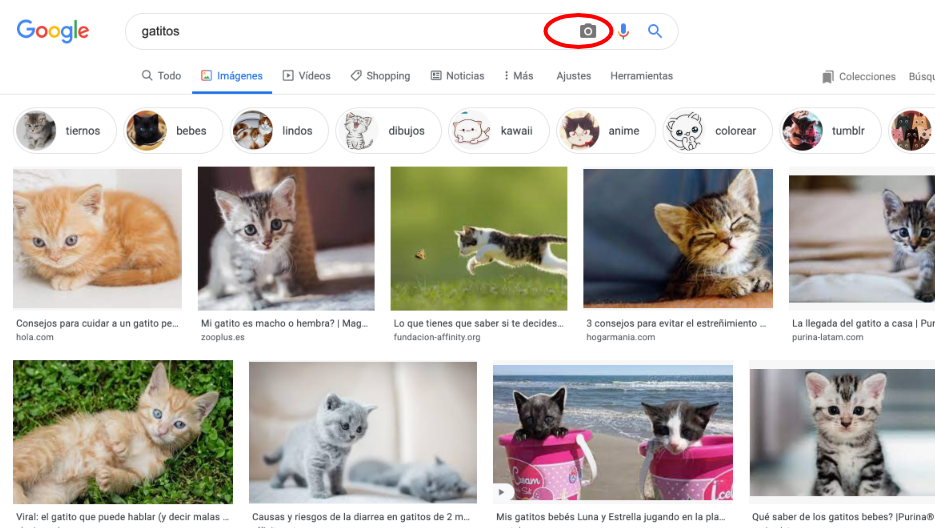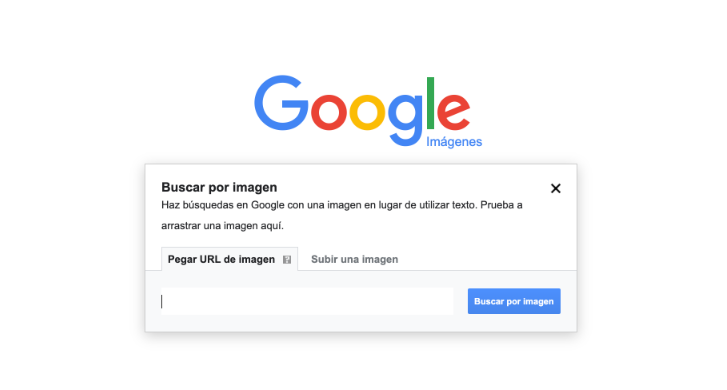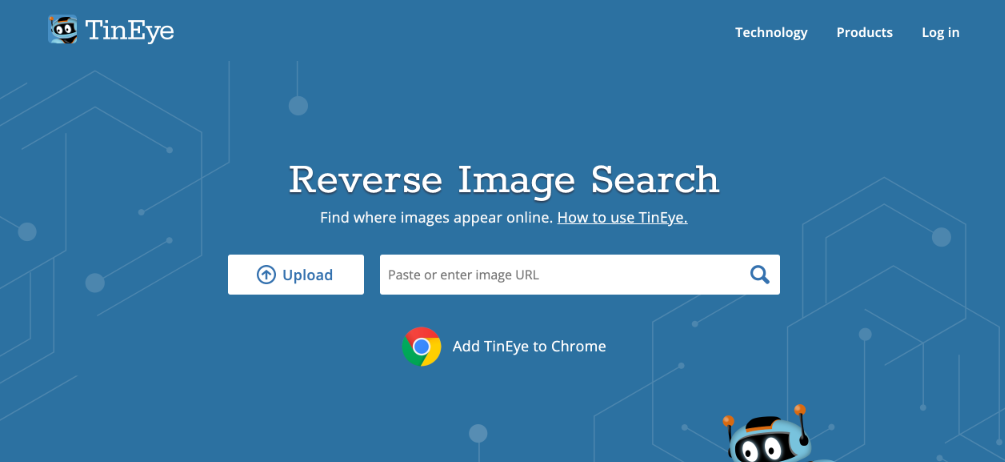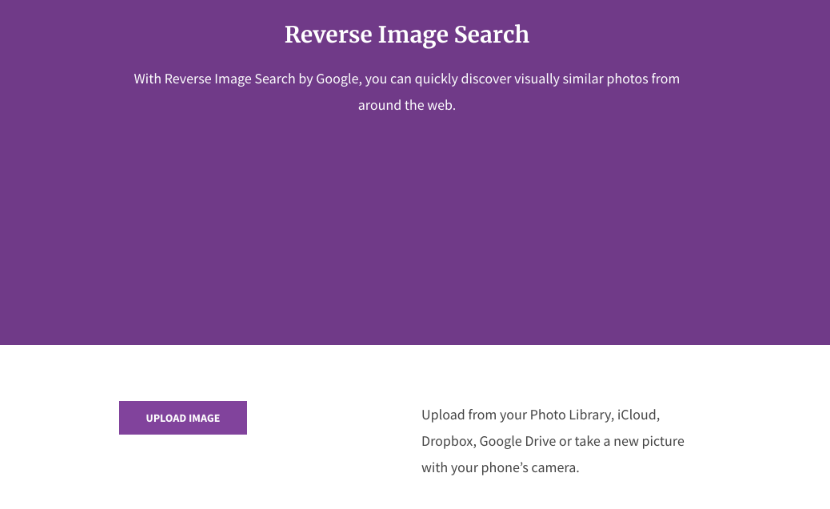The reverse image search is a very useful tool to find out the origin of any photo or image circulating on the Internet. Thanks to it, we can find out where a specific graphic material comes from, in which web pages or social networks it appears, find it at higher resolutions, if it is copyrighted or if the piece has been manipulated, among other details.
How reverse image search works
In a more technical way, we can define reverse image search as a content-based image retrieval (CBIR) query technique, which involves providing such a system with a sample image on which it will then base its search.
One of the advantages of reverse image search is the absence of the use of search terms, which avoids the possibility of errors when entering keywords and minimizes the possibility of obtaining erroneous results.
Tools for reverse image search
We can find on the Internet different tools that will allow us to do a reverse image search. Among them we can highlight:
Google Images
The Google image search engine is the best known tool to perform a reverse image search. These are the most common ways to do it:
- From a computer: we only need to access Google, and once inside the search engine, select the option “images”. Once we see the search results, we can use the contextual menu on the image we want and click on “search image in Google”. Right after that, a new screen will appear in which we will be offered the possibility to search for different sizes of that image, as well as the query or search associated to it.
- On the other hand, if we want to do a search that we have saved on our computer, we just need to click on the camera icon and upload the image we want to know more about. For these cases, a very quick option is to directly access the URL https://www.google.es/imghp or https://images.google.com/ In this space we will be invited to upload an image, drag it from our desktop or paste the URL of an image.
- From a mobile device: using Chrome, we must select the option “computer version”, with which we will be able to do the reverse image search in the same way as explained above. Similarly, we can use the context menu on a specific image to display the option “search image in Google”. This system works for both Android and iOS systems.
TinEye
TinEye is another well-known tool for reverse image search. It works in a very similar way to Google search engine, being able to upload a photo or paste the URL of the photo.
TinyEye also offers on its website other tools and functionalities related to reverse image search, such as an alert system or image detection systems for apps, and even specifically, a wine and beer recognition app.
Pixsy
Pisxy is not a typical reverse image search software, but a platform designed to help us protect image copyrights in an automated way.
Once we upload an image to its website, Pixsy creates a signature of each photograph and scours the internet looking for appearances of that same signature. If it finds a copy of our photograph somewhere where it is being exploited with commercial interest, it will notify us.
Small Seo Tools
This SEO toolset also includes a reverse image search functionality. Según la información que aparece en su web, la herramienta combina la tecnología de visión de ordenador, reconocimiento de patrones y búsqueda de foto para encontrar cualquier imagen en internet utilizando la imagen.
It is worth noting that the Small Seo Tools reverse image search tool offers a combined search across Google, Bing and Yandex search engines.
Digital Inspiration
The labnol.org platform allows us to upload images from our devices or from cloud platforms, even offering us, in a very simple way, to upload photos from WhatsApp or social networks such as Facebook.
On their website they assure that all uploaded images are hosted anonymously in Google’s cloud and cannot be discovered by other users, being automatically deleted from the cloud storage a few hours after uploading.
Mobile apps for reverse image search
In both Android and iOS stores we can find numerous mobile apps designed for reverse image search. But beyond that, we must return to Google as the main provider of this type of search:
- Google Lens: the Android app can also work very well as a reverse image search engine, as well as offering contextual information about the images, photos and objects we are searching for.
- In the case of iOS, these functionalities are integrated into the Google app.
- In terms of third-party apps, we can highlight Multireverse Image Search for Android and Reverse Image Search App for iOS.








